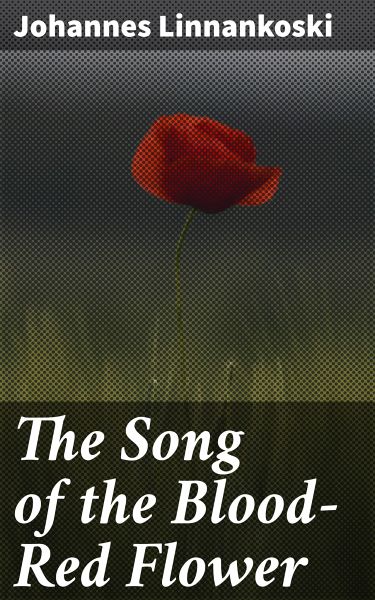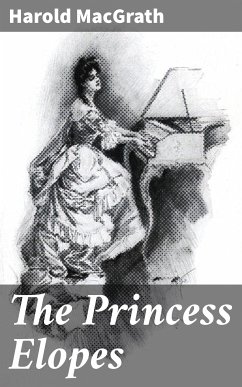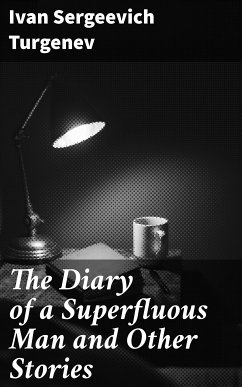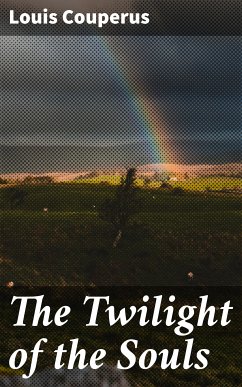
The Song of the Blood-Red Flower (eBook, ePUB)
Forbidden love and rural life in Finnish nature: A timeless tale of passion and sacrifice

PAYBACK Punkte
0 °P sammeln!
In "The Song of the Blood-Red Flower," Johannes Linnankoski weaves a poignant tale set against the backdrop of early 20th-century Finland, encapsulating themes of love, sacrifice, and the quest for personal identity. The novel's lyrical prose is marked by its vivid imagery and emotional depth, drawing readers into the natural beauty and cultural textures of Finnish life. Linnankoski skillfully captures the tensions between tradition and modernity, mirroring the societal shifts occurring during this tumultuous period, while the symbolic use of the blood-red flower serves as a powerful motif for...
In "The Song of the Blood-Red Flower," Johannes Linnankoski weaves a poignant tale set against the backdrop of early 20th-century Finland, encapsulating themes of love, sacrifice, and the quest for personal identity. The novel's lyrical prose is marked by its vivid imagery and emotional depth, drawing readers into the natural beauty and cultural textures of Finnish life. Linnankoski skillfully captures the tensions between tradition and modernity, mirroring the societal shifts occurring during this tumultuous period, while the symbolic use of the blood-red flower serves as a powerful motif for the intertwining of fate and desire. Johannes Linnankoski, born in 1869, was deeply influenced by his experiences as a devoted naturalist and the socio-political landscape of his homeland. His background in literature and philosophy, combined with an intimate understanding of Finnish folklore, inspired him to create a narrative that not only reflects personal struggles but also encapsulates the national spirit of Finland. His work offers insights into the Finnish psyche, a quality that resonates strongly in "The Song of the Blood-Red Flower." This novel is a must-read for those fascinated by the intersection of personal and collective narratives in literature. Linnankoski'Äôs eloquent storytelling invites readers to ponder their own understanding of love, grief, and the unyielding pull of nature, making it a timeless exploration of the human condition.
Dieser Download kann aus rechtlichen Gründen nur mit Rechnungsadresse in A, B, BG, CY, CZ, D, DK, EW, E, FIN, F, GR, H, IRL, I, LT, L, LR, M, NL, PL, P, R, S, SLO, SK ausgeliefert werden.













